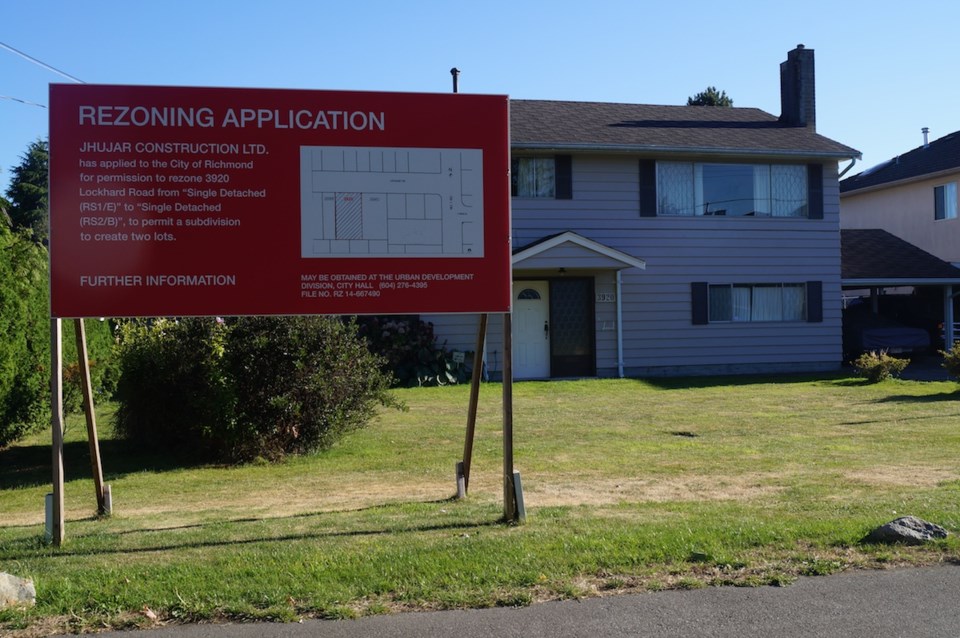So let’s get that nasty word out there — racism.
There’s been a ton of back and forth on this recently. Last Friday, we ran a letter by Emilie Henderson in which she expressed concern that a lot of the letters to the editor about “new immigrants” and “long-time residents” were just basically code for Chinese versus middle-aged white people. She added that residents were forgetting all the ways in which Richmond has benefited as a result of the influx of new immigrants. We’ve also seen a lot of heat from Coun. Chak Au’s letter, in which he asks current residents to “be patient” with new immigrants.
Both letters, I believe, were an attempt to bridge the cultural divide that seems to be widening daily. Did it work? Well, let’s see.
A number of readers thanked Henderson for her comments. One said that despite being born here and raised by parents who moved here in their teens, she’s feeling a new hostility towards immigrants and appreciates Henderson addressing that reality.
Another picked up on Henderson’s don’t-throw-the-baby-out-with-the-bath-water point about immigration, saying she has been subjected to racism, but that doesn’t alter her view of Canada.
However, other readers have taken issue with the suggestion their legitimate concerns about the changing nature of their neighbourhoods are tainted with racism. They quite rightly point out that people should be able to comment on mega homes and foreign real estate investments without being called racist. I would add that many who have commented and organized a response to neighbourhood development have taken pains to ensure the focus is on urban planning, not race.
But, it’s also a fact the mega home debate has given rise to racial tensions. It’s not always blatant name-calling or discrimination (although sometimes it is, particularly online.) It’s usually a more subtle us-vs.-them attitude. “They” drive high-end cars; “they” buy mega homes; “they” referring to the Chinese as opposed to the rich, losing sight of the fact this is a class issue, not a race issue. It’s not because a person is Chinese that they buy a mega home, it’s because they have the money to do so, and every level of government facilitates it. Be it federal immigration policy allowing an “investor class,” or municipal bylaws dictating the size of homes, these policies are what’s changing Richmond’s landscape.
Our governments have repeated the mantra we’re “open for business.” And that’s fine; often that business is to the benefit of all. But when “open” translates to “unfettered access” and regulations are insensitive to local interests, resentment builds and is often, stupidly, directed at the easy target of skin colour.



